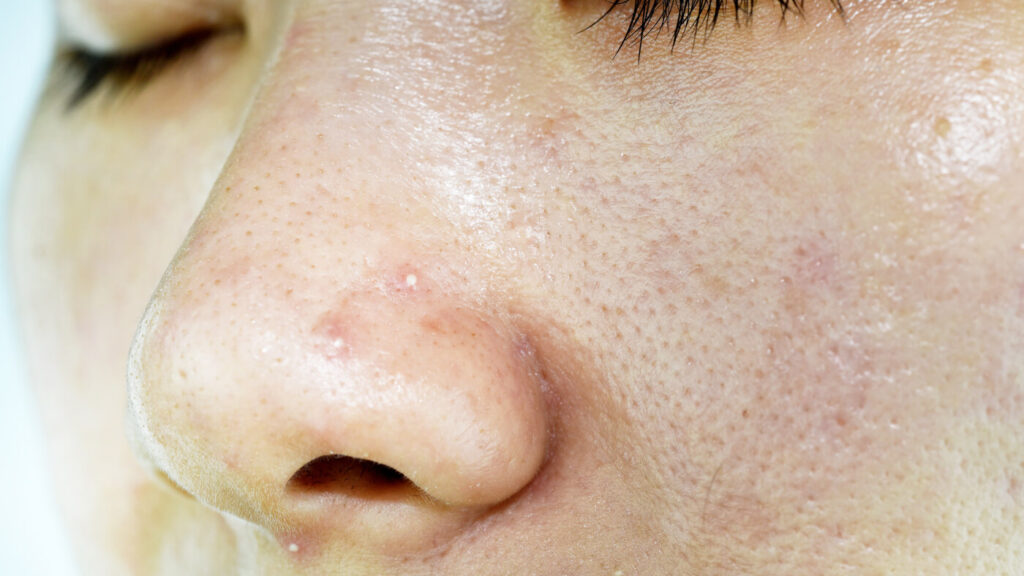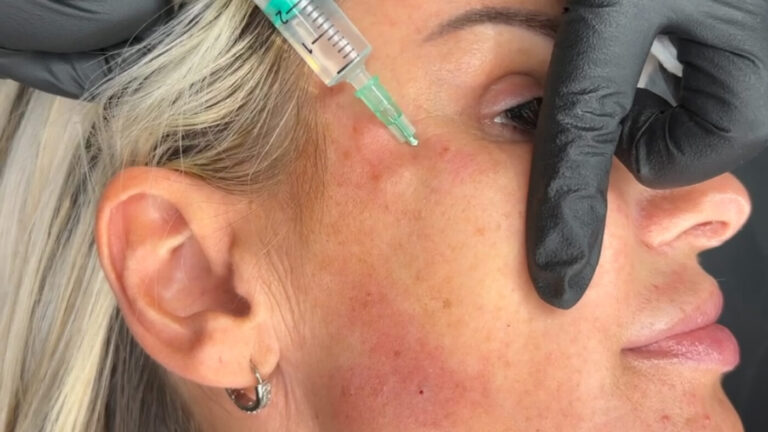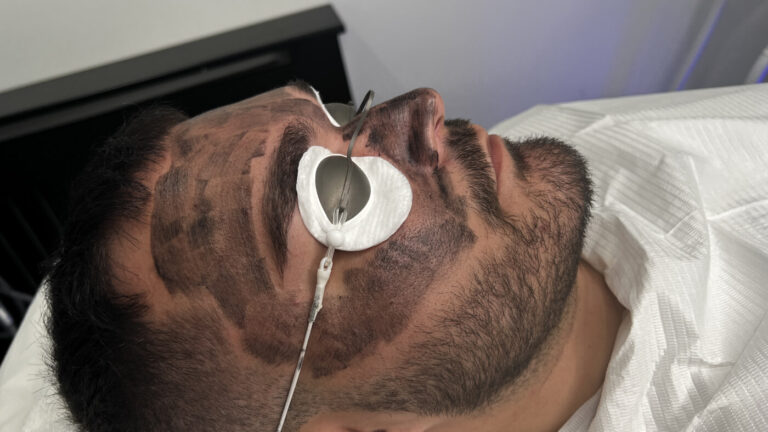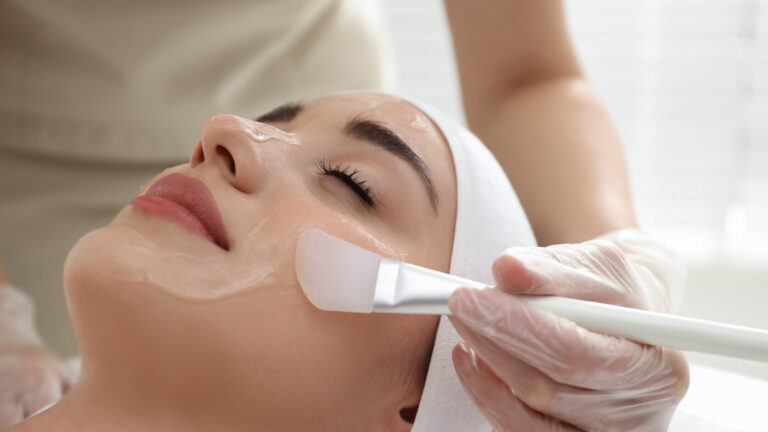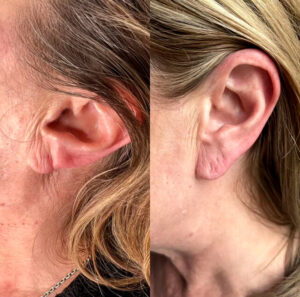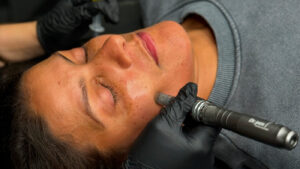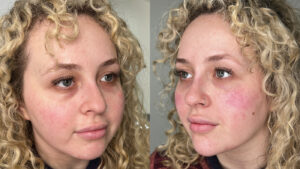Types of Oily Skin
Chronic Oily Skin
Naturally oily skin due to genetics
Hormonal Oily Skin
Fluctuations in hormone levels can increase oil production, often seen during puberty, pregnancy, or menopause.
Seasonal Oily Skin
Changes in weather, especially during warm or humid seasons, can exacerbate oiliness.
Factors Contributing to Oily Skin
Genetics
Inherited traits can determine skin’s oiliness.
Hormonal Changes
Hormones such as androgens trigger increased sebum production.
Climate
Hot and humid weather can stimulate oil production.
Diet and Lifestyle
High glycaemic diets and stress can contribute to oily skin.
Overuse of Skincare Products
Excessive use of skin products can strip the skin of natural oils, prompting more oil production.
Effective Strategies to Manage Oily Skin
Proper Cleansing
Use gentle, oil-free cleansers twice daily to manage sebum without overdrying the skin.
Use of Mattifying Products
Oil-free moisturisers and mattifying primers can control shine throughout the day.
Regular Exfoliation
Helps remove excess oil and dead skin cells to prevent clogged pores.
Blotting Papers
Handy for touch-ups to remove excess oil without affecting makeup.
Balanced Diet
Eating a low-glycemic diet rich in antioxidants can help regulate oil production.
Hydration
Adequate water intake helps maintain the skin’s moisture balance and reduce oiliness.
Sun Protection
Using oil-free sunscreen helps protect the skin and prevent excess oil production
Services Offered at Faces By Bae for Oily Skin
At Faces By Bae, we provide targeted treatments for managing oily skin, chemical peels, and laser therapy. Our experienced team will evaluate your skin type and recommend personalised treatment options to control oil production and enhance your skin’s overall health
Treatments available at Faces By Bae to help with Oily Skin
Frequently Asked Questions
Oily skin can result from genetics, hormonal changes, environmental factors, and lifestyle habits.
While oily skin cannot be “cured,” it can be effectively managed with the right skincare routine and professional treatments.
It is recommended to cleanse your face twice daily. Overwashing can strip the skin of essential oils and lead to increased oil production.
Treatments for oily skin are generally safe. However, overly aggressive treatments can irritate the skin, so it’s important to use gentle formulations and follow professional advice.
Look for products labelled “non-comedogenic,” “oil-free,” and “suitable for oily skin” as these are designed to prevent clogged pores and manage sebum production.


